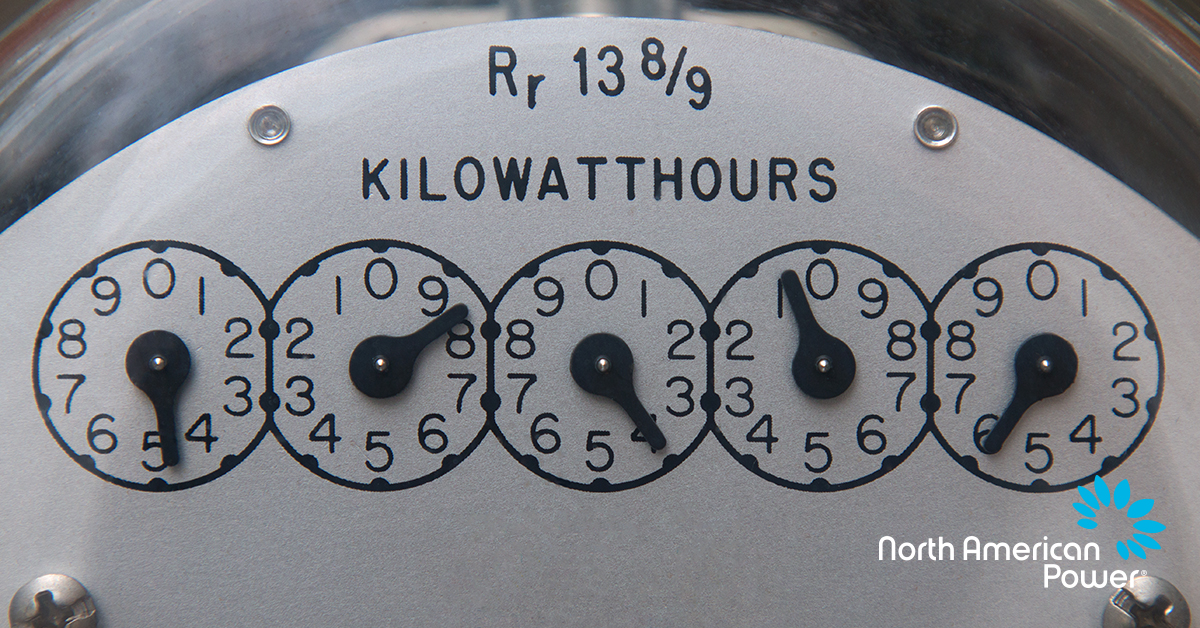
The rate that we use electrical energy is measured in units, these units are called kilowatt hours, or kWh. A kWh is equal to one thousand watts used in one hour.
The amount of energy any appliance or tool will require when working at maximum capacity can be easily measured using kWh. You can use this information to figure out how much it costs to use that tool or appliance for any specific period of time.
For example, the cost to use a common size of incandescent light bulb can be measured:
If we use a 40 watt bulb for one hour, we simply divide 40 by 1000. 40/1000 equals a total use of 0.04 kilowatts per hour.
According to the Energy Information Administration, the average cost of one unit of electrical energy across all sectors in the U.S. in November of 2016 was 10.10 cents per kWh.
This means that we can calculate that the cost to keep the 40 watt light bulb on for an hour by multiplying 0.04 kWh by 10.10 cents to arrive at a cost of 0.404 cents.
Turning the example around, if we want to know how long one unit of electricity will power a 40 watt light at a cost of 10.10 cents per kWh, we would divide 1000 by 40 to get 25 hours.
Difference between kW and kWh
The above example has small figures for illustration purposes. Most appliances have a kW rating, which is simply the amount of energy it demands when running – if you don’t have that much energy available to feed to it, a breaker flips.
An appliance with a 150 kW rating requires the equivalent of that much wattage directed its way to operate, and will cost $15.15 (150 x 1 x 10.10) every hour it is running at full load (maximum capacity).
Almost all electrical items will have a rating plate on them giving the kW information. This gives the user the ability to see how much power the item will use and how much the electricity utility companies will charge you when you have it on.
Keeping a record of how much energy we use is a good way to ensure we are in control of our finances and keep our home budget and manufacturing costs under control.
Sources:
https://www.eia.gov/electricity/monthly/epm_table_grapher.cfm?t=epmt_5_6_a
http://www.energysmart.enernoc.com/whats-the-difference-between-a-kw-and-kwh/
Most Viewed Pages
- Where does your Power come from?
- How Much Heat Does a Lamp or a Light Bulb Give Off?
- Your Summer Survival Guide: Reduce Energy and Prepare for Hurricanes
- This or That Thursday: Coffee Maker, or Toaster?
- What You Ought to Know About Kilowatt Hours - kWh Explained
- Fall Energy Saving Tips!
- Cutting Costs Around the House
- 6 Tips for Finding an Energy Efficient Home
- The Four Best Things You Can do to Cut Energy Use in your Home
- 4 Ways to Improve Air Conditioner Efficiency











